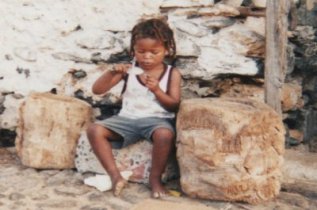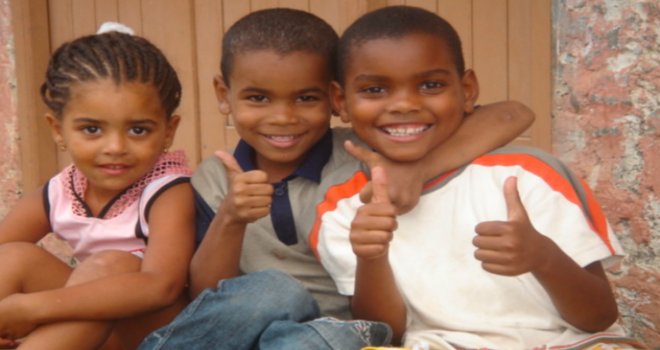
|
Sponsor a Child |
Sponsor a Child |
Sponsor a Child | Sponsor a Child |
For information, videos and photos of the ten islands of Cape Verde, check out our Cape Verde profile pages.
More >
|
|

|
The impact of child sponsorship on an individual child's life in Cape Verde is nothing short of transformative. Foremost, it ensures consistent access to education, a cornerstone for future success. Sponsorship often covers not just tuition, but also the often-overlooked costs of uniforms, shoes, and transport, removing critical barriers that prevent children from attending school regularly. This stability allows children to learn, grow, and develop their full cognitive potential. Beyond academics, sponsorship frequently provides access to crucial healthcare, including vaccinations, regular check-ups, and treatment for illnesses, reducing preventable diseases and improving overall well-being. Furthermore, many programs incorporate nutritional support, ensuring children receive adequate food, which is vital for physical and mental development. This comprehensive support fosters a sense of security, belonging, and hope, empowering children to dream beyond their immediate circumstances. The positive effects of child sponsorship extend far beyond the individual child, creating a significant impact on the wider community. By alleviating the financial burden on families, especially regarding education and health, parents are often empowered to focus on other essential needs or even pursue small income-generating activities, contributing to greater family stability. Community-based sponsorship projects, in particular, lead to vital infrastructure development, such as improved schools, health facilities, and water systems, benefiting all residents. As sponsored children grow into educated and skilled adults, they become valuable contributors to the local economy, fostering sustainable development and breaking intergenerational cycles of poverty. This collective improvement strengthens community bonds and raises overall awareness about the importance of investing in children's rights and future. Transparency and need dictate how children are selected for sponsorship programs in Cape Verde. Organisations typically work closely with local partners, community leaders, and social workers to identify the most vulnerable children and families. Selection criteria are often based on objective factors such as family income below a defined poverty line, living conditions, access to basic necessities, health status, family size, and whether a child is an orphan or particularly at risk. A comprehensive assessment process is usually undertaken, ensuring that support is directed where it can make the most profound difference. Crucially, informed consent is always obtained from parents or legal guardians, and regular monitoring ensures that the support remains appropriate and effective, maintaining accountability and trust with both sponsors and recipients. When you sponsor a child in Cape Verde, it's an investment in the future. Every sponsor helps open classroom doors, place books in eager hands, and ensure that no child goes to bed hungry or without hope. It strengthens families, uplifts communities, and builds the foundations of long-term resilience across the islands. Your sponsorship makes you part of a shared story, creating a brighter, more equitable future for generations to come. Despite the need, there are few child sponsor opportunities for children in Cape Verde. Check out the programs above for the latest information, and also take time to check out our Children's Charities page. |









